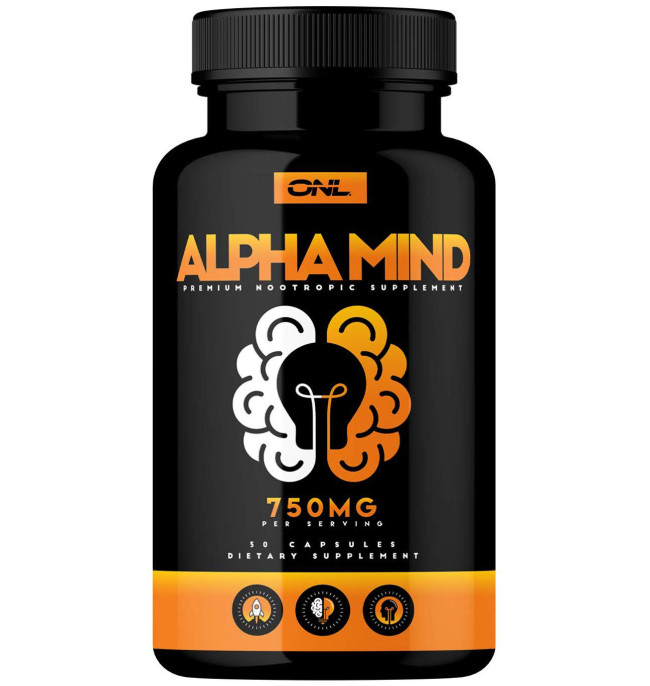Many young adults utilize non-prescription attention enhancers to help them study and stay on track at work. However, new study reveals that such medications provide minimal — and only temporary — benefits to healthy adults while putting their cognitive health at risk in the long run. Adderall is an amphetamine-based medication prescribed by doctors to persons with mental retardation (ADHD) or narcolepsy, a condition which causes people to fall asleep unexpectedly, even during the day. The makers of this medication designed it to help people with these illnesses stay alert and attentive. Healthy young people, on the other hand, are increasingly obtaining and using this and comparable medications as a means of “programming” their brains to increase efficiency while studying and working.

According to a 2016 research released from the Johns Hopkins Bloomberg School of Public Health in Baltimore, MD, nonprescription use of Adderall surged by 67 percent among younger adults in the United States over the course of about 6 years. However, nonmedical usage of psychostimulants like Over the Counter Adderall, according to a new study by experts at the University of California, Irvine, only has short-term benefits. The researchers discovered that these medications have a negative impact on focus, cognitive function, and daytime sleepiness in the long run, perpetuating the cycle.
The proponents utilized two sets of studies on healthy adult subjects. The first was to observe how psychostimulants affected mental function, particularly focus, and the second was to examine how they affected sleep and executive function, which is the memory system we use to make choices in life. At the start of the trial, all of the participants were given limited attention tests so that the authors could evaluate how these baseline values compared to the final results. The subjects were given either a placebo or 20 milligrams of the psychostimulant dextroamphetamine, which is also found in Adderall. They reversed the medications a week later, so that each subject had gotten both. Irrespective of whether a person had taken the placebo or the dextroamphetamine, the team noted that their concentration tended to wane across the day.
In the short term, those who administered the amphetamine had focused achievement than those who had the placebo. The attentional function of these subjects was 4% better than that of the control group 75 minutes after consuming the medication. They were also more focused than they were at the start. The researchers collected data from 46 healthy people aged 18–39 years to learn about dextroamphetamine’s effects on sleep and working memory. In this scenario, the researchers discovered that the individuals’ executive function function was the same at both the 75-minute and 12-hour intervals, whether of whether they should have taken dextroamphetamine or a placebo. Furthermore, nightly brain activity scans and sleep performance testing revealed that dextroamphetamine users slept less and had poorer sleep quality than those in the comparison group. The researchers warn that taking medicines to improve short-term cognitive performance may not be worth the danger, based on their findings. The researchers also recommend that in the future, doctors and the general public should consider poor sleep quality and a loss in cognitive performance as probable side effects of serotonergic drugs.

